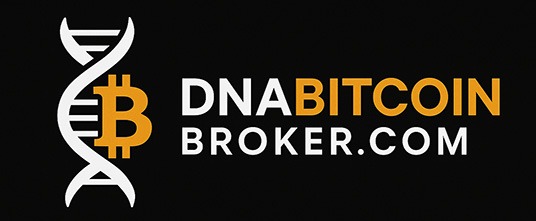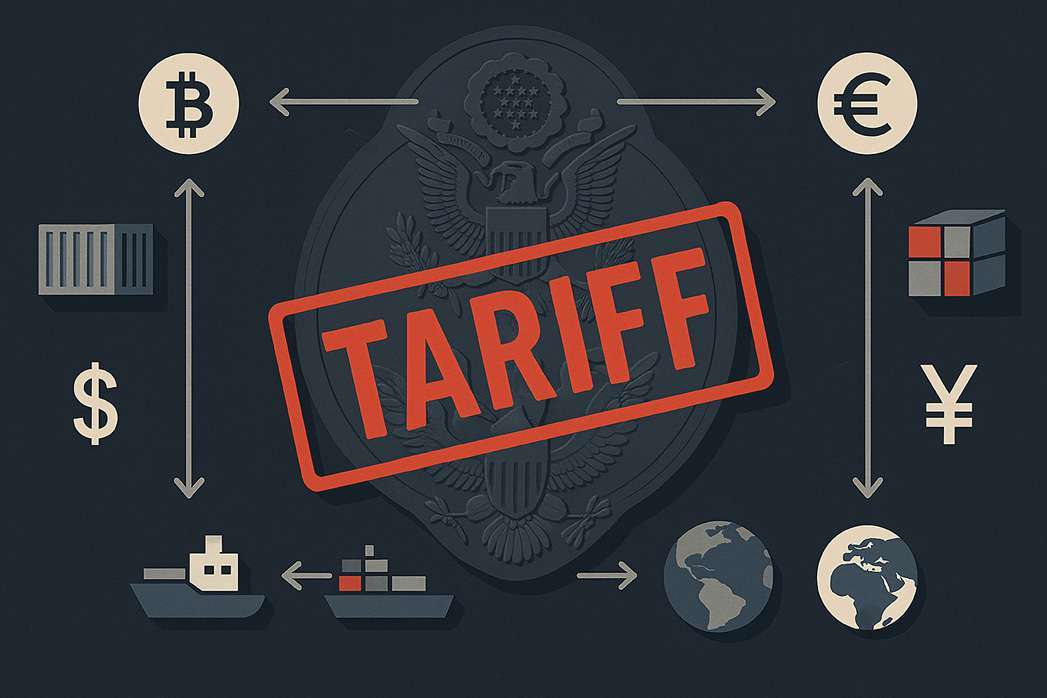Bitcoin in a Tariff-Tangled World: A Neutral Asset for Uncertain Times
When If countries start imposing tariffs on each other, markets get jittery. Global trade flows twist, fiat currencies do a little nervous dance, and investors start asking that age-old question: Where’s safe?
Traditionally, the answer might have been gold, government bonds, or a strong, stable currency like the US dollar. But in an increasingly unpredictable, tariff-happy world, a new contender is quietly sliding into the ring — one that doesn’t belong to any nation, isn’t tied to any economy, and never needs a passport: Bitcoin.
Tariffs, Tantrums and Tumbling Trust
Tariffs are essentially taxes on imports. Sometimes, they’re about safeguarding local jobs; other times, they’re just geopolitics flexing its muscles. But like most economic tools wielded under pressure, tariffs tend to come with unintended consequences.
Slap tariffs on another country’s goods, and they’re likely to retaliate. Before you know it, prices are rising, supply chains are tangling, and everyone’s central bank is stress-baking spreadsheets.
“The U.S. is considering new tariffs on Chinese electric vehicles and batteries, raising fresh concerns over a resurgence in trade tensions.”
— Reuters, April 2024
Fiat currencies can feel the heat fast because they are deeply tied to their respective national economies. Especially in emerging markets, currency volatility often follows trade tensions like a moody shadow.
“Emerging market currencies have experienced their worst quarter since the pandemic, largely due to fears around global tariffs and slowing trade.”
— Bloomberg, Q1 2024
This environment is like trying to play chess during an earthquake for investors. It’s no wonder they start looking beyond borders.
Bitcoin: The Stateless Safe Haven?
Bitcoin doesn’t care about your tariffs. Or your inflation. Or your three-hour-long trade negotiations. It runs on its network, unaffected by geopolitical drama — a feature, not a bug.
This neutrality makes Bitcoin appealing in a world where traditional financial systems feel the strain of nationalist policies. Bitcoin isn’t pegged to any government. It doesn’t rely on central bank decisions. And its supply is famously capped, meaning it can’t be inflated on a whim.
“We’re seeing more institutional interest in Bitcoin as a macro hedge — not instead of gold, but alongside it.”
— Rick Rieder, CIO, BlackRock, January 2024
In other words, while the moods of their mother countries drag fiat currencies along, Bitcoin just keeps humming along in the background: decentralised, transparent, and blissfully indifferent.
Bitcoin in the Real World
This isn’t just crypto daydreaming. We’ve already seen hints of Bitcoin playing the safe-haven role in the wild.
The 2019 trade wars between the US and China led to Bitcoin’s price movements and echoed tensions in the Yuan and US dollar, suggesting that investors were at least toying with the idea of Bitcoin as a hedge.
More recently, with tariff threats re-emerging and uncertainty swirling around global supply chains, Bitcoin’s narrative as “digital gold” is gaining traction again.
“Bitcoin surged past $70,000 in March 2024 amid rising geopolitical tensions and renewed interest in non-sovereign stores of value.”
— CoinDesk, March 2024
“In times of economic or political stress, Bitcoin often behaves more like digital gold than a tech stock.”
— JPMorgan Global Markets Strategy Note, February 2024
Unlike gold, though, it’s easier to store, move, and verify, which, in a digitised world, is more than just a bonus.
The Caveats
Now, let’s not get carried away. Bitcoin is still volatile. It’s also not universally adopted nor fully understood by most investors.
And unlike traditional hedges, Bitcoin’s correlation to major market moves isn’t always consistent. Sometimes, it behaves like a risk asset; sometimes like a haven; and occasionally, like a sleepy cat who does what it wants, when it wants.
Still, in a landscape shaped by tariffs and shifting alliances, having a tool outside the usual systems is worth considering. Especially one that’s proven it can operate and thrive on its terms.
“Tariffs and protectionist policies are leading companies to rethink global supply chains, a trend that’s driving capital into decentralized and digital assets.”
— The Economist, April 2024
As governments joust with trade policies and fiat currencies sway in the breeze of uncertainty, Bitcoin is quietly making its case.
It’s not perfect—it’s not even fully mature—but it is neutral, borderless, and resistant to the whims of any single economy. And in today’s tangled global web, that’s starting to look less like a novelty and more like a necessity.
Image Source: Adobe Stock
Disclaimer: This article is purely for informational purposes. It is not offered or intended to be used for legal, tax, investment or financial advice.

